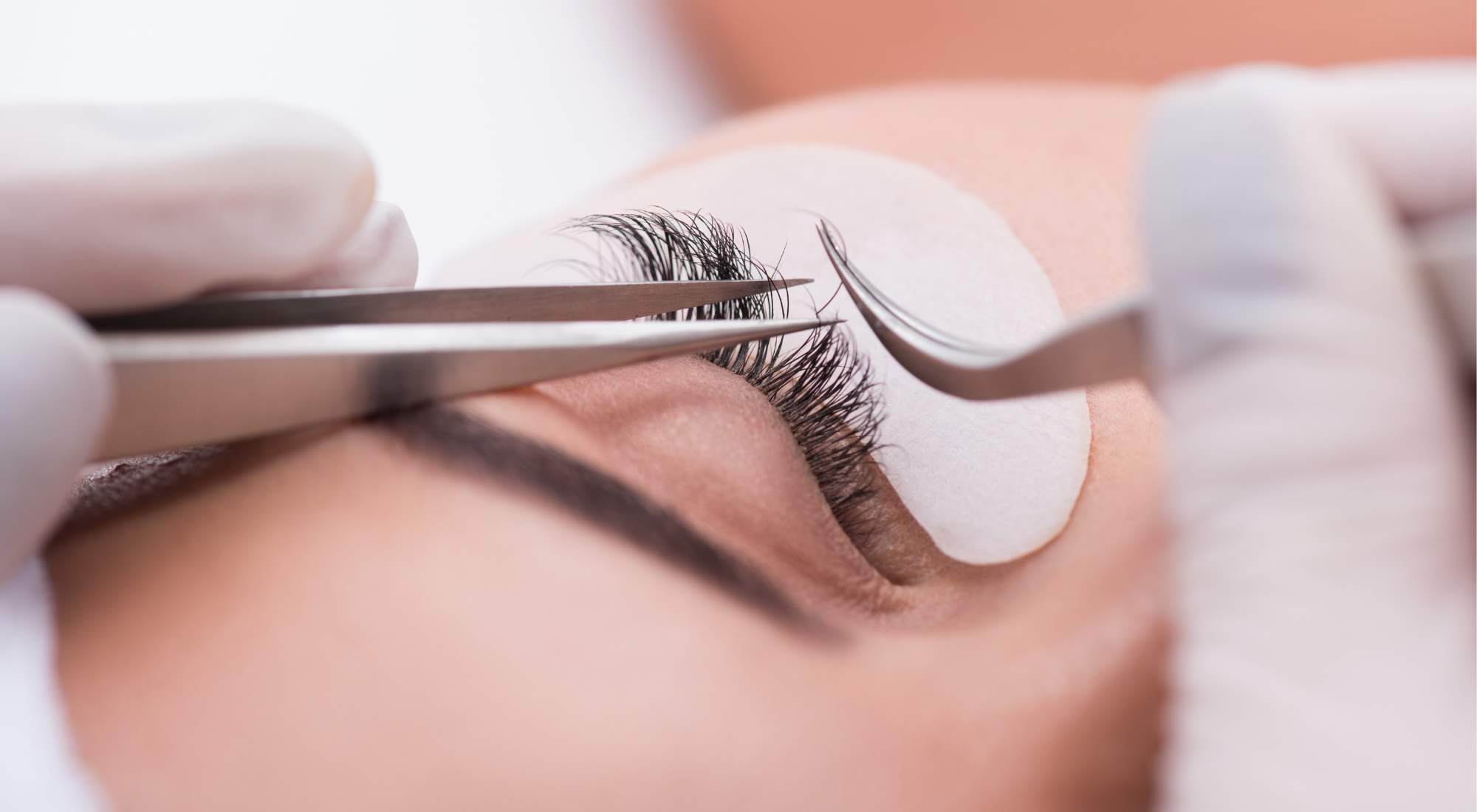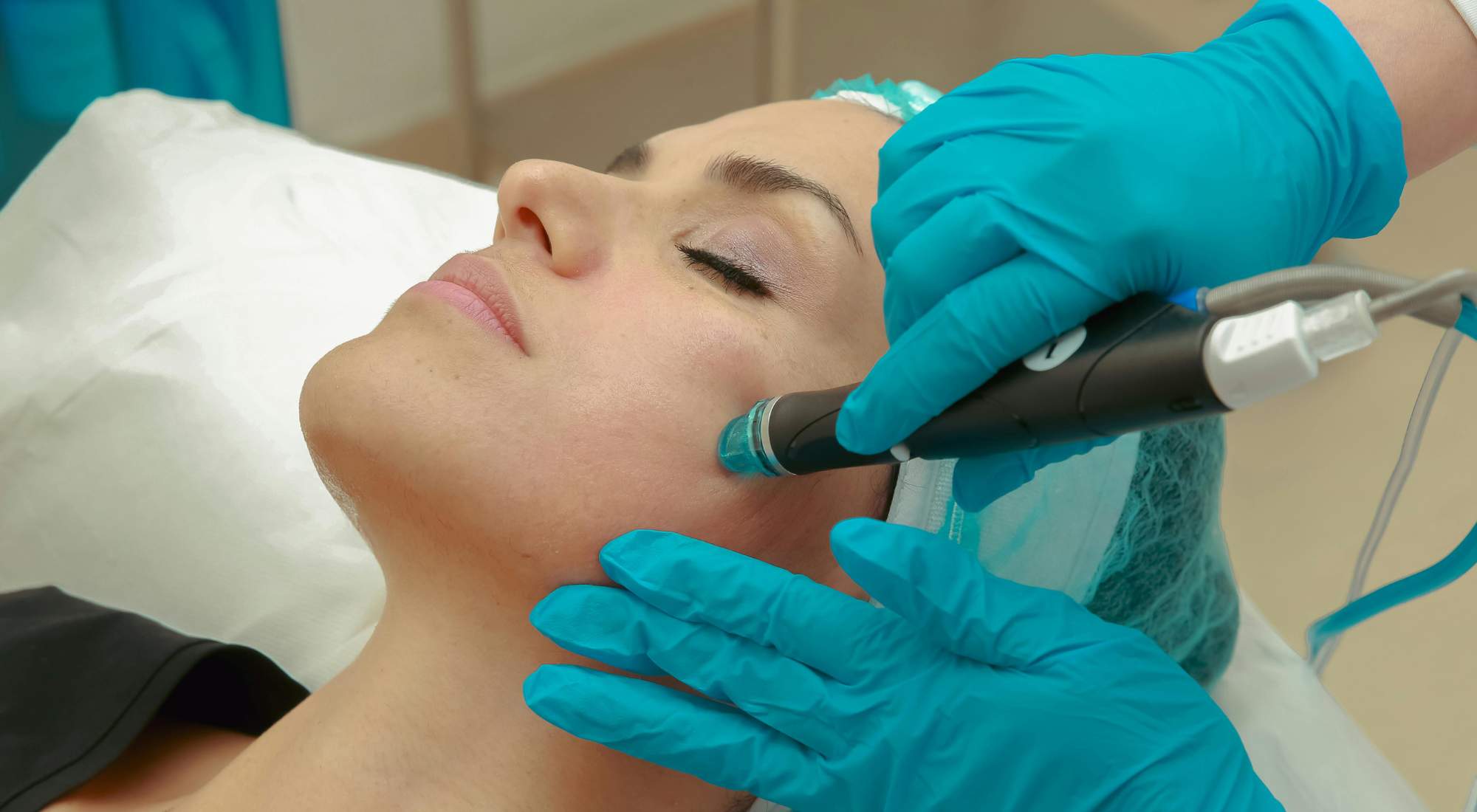From Classes to Clients: What a Day in the Life of an Esthetician Student Really Looks Like

Are you working a job, but are looking to fulfill your dream as an esthetician? Are you interested in enrolling in esthetician school, but are not sure what to expect day-to-day? You are not alone.
Esthetician school is fast-paced, hands-on, and designed to prepare you for real-world success. In this guide, we will discuss what you will learn in esthetician school, how to balance your professional and personal life during school, and why choosing the right school is essential. Whether you’re just exploring the field or already enrolled in school, this breakdown will give you a clear idea of what’s ahead — and how to make the most of every day in training.
Table of Contents
- What Does an Esthetician Student’s Day Look Like?
- Core Skills Learned in Esthetics School
- Time Management and Study Habits for Success
- How Training Prepares You for a Career in Aesthetics
- Why Choosing the Right Esthetics School Matters
- Post-Graduate Expectations: What Is a Typical Day for an Esthetician?
- Spectrum Advanced Aesthetics: Embracing the Student Experience as a Foundation for Success
Balancing Classroom Learning and Hands-On Practice
When it comes to a day in the life of an esthetician student, finding a balance between classroom learning and hands-on practice is essential for theoretical understanding and technical skills. Students typically begin their training in a classroom setting where they learn the foundations for practicing in the esthetician industry, such as:
- Skin anatomy
- Physiology
- Product knowledge
- Sanitation protocols
- And more
The theoretical component of esthetician schooling is essential for understanding:
- How the skin functions
- How various ingredients affect different skin types
- How to maintain a hygienic work environment
These lessons not only prepare students for state board exams but also ensure they develop safe and effective professional practices. After these classroom lessons, students will transition into hands-on application through supervised model workshop sessions.
In the model workshops, they apply what they’ve learned by practicing their skills on mannequins or classmates before working with actual clients. Students will practice:
- Facial massage
- Facials
- Waxing
- Makeup application
- And other treatments
Working With Real Clients in a Clinic Floor
After spending time studying in the classroom, esthetician students get the opportunity to apply their education with supervised hands-on practice on real clients. Esthetician students will get to perform the services they have learned about, which allows them to:
- Refine their techniques
- Build their confidence
- Work with a variety of skin types and personalities
- Mimic a professional spa environment
In addition, practicing client consultations will allow students to learn how to assess skin needs, recommend products, or customize treatments for clients.
This step in esthetician school builds a bridge between the classroom and real-world scenarios, best preparing students for their next step as professional estheticians.

Treatments and Techniques
In esthetician school, students will learn the foundational treatments for skincare. Some of these include:
- Cleansing: Students will learn to properly remove makeup, dirt, and oil to prepare the skin for treatment.
- Exfoliation: Students will learn to safely and effectively remove dead skin cells using physical or chemical methods to reveal a smoother complexion.
- Mask applications: Students will learn how to properly apply masks that are tailored to specific skin types and concerns.
- Extractions: Students will learn a hands-on technique for safely removing blackheads and clogged pores without damaging the skin.
In addition to basic services, esthetician students will learn more advanced techniques like:
- Chemical peels: Use active ingredients to exfoliate and rejuvenate the skin deeply
- Microdermabrasion: A mechanical exfoliation method that improves skin texture and tone
- Lash/brow services: Includes various hair removal methods for brows, such as waxing , as well as tinting, lifting, and shaping lashes and brows.
Professionalism and Client Communication
In any service industry career, learning soft skills is essential to your success. These skills include:
- Consultations
- Building rapport
- Customer service
- Listening and communication
- Time management
- And More
Students can master their craft, but without professional customer service skills, they cannot be fully ready for a career in the esthetician business. Effective client communication begins with thorough consultations — asking the right questions, understanding concerns, and setting realistic expectations for services.
Building trust and rapport is equally important, as many clients value connection just as much as results. It is also crucial that students learn how to handle feedback gracefully and maintain professionalism under pressure. These interpersonal skills create a warm and positive experience that keeps clients coming back, setting you up for success in your career.
Juggling Classes, Practice, and Exams
Attending esthetician school is not as easy as going to class and coming home. Students must learn to balance school, labs, studying, exams, internships, and, oftentimes, part-time jobs. Learning to balance busy schedules will help set you up for success in a fast-paced industry.
Spectrum Advanced Aesthetics understands that you may be balancing work, home life, or other responsibilities that will keep you busy while attending school. This is why we offer a variety of different programs and certifications that are flexible to your schedule. Check out our hybrid programs and virtual workshops online, or contact us to see how we can support your dreams and your schedule.
Tips for Staying Organized and Confident
To stay on top of tasks and schedules, and to be prepared for starting your esthetician career, it is essential to stay organized. Some helpful tips include:
- Use a planner or digital calendar: Track class schedules, assignment deadlines, and clinic hours with ease.
- Join or form a study group: Learning with others can help with challenging topics. Study groups offer support, different perspectives, and accountability.
- Practice outside of class: When it comes to esthetician school, practice really does make perfect. Mastering techniques like facials, waxing, or makeup application takes time and repetition. Use mannequins, practice with friends or family (with proper sanitation!), and ask instructors for feedback.
- Stay consistent: Not every day will be easy — celebrate small wins and stay focused on your goals.
- Prioritize self-care: Balancing school, labs, and work can be exhausting. Ensure you are taking care of yourself by:
- Getting enough sleep
- Eating nourishing meals
- Taking breaks when needed
- Moving your body daily
Building Technical Confidence Before Graduation
One of the most valuable parts of esthetician training is the opportunity to build technical confidence through repeated hands-on practice. In school, students don’t just learn theory; they spend numerous hours performing facial waxing, extractions, makeup applications, and more under the guidance of licensed instructors. Repetition is the key to success.
Repetitive practices ensure that students become comfortable using professional-grade tools, adhere to proper sanitation, and achieve success that meets industry standards.
By graduation, most students feel ready — not just to pass their licensing tests, but to step into a professional world with the confidence and competence needed to succeed in the aesthetics industry.
Understanding the Business Side of Esthetics
While not every esthetician student will want to start their own business, having a solid grasp of business fundamentals is essential for long-term success in the industry. You will be able to market yourself as a professional by learning about:
- Spa operations
- Retail sales
- Marketing strategies
- Client retention
In addition, you will gain the skills to understand how businesses are run and how to grow within one. These skills will help you build your personal brand, increase your value to employers, and potentially open your own spa one day.

Supportive Instructors and Mentorship
When it comes to choosing the right school, finding a program with supportive instructors and opportunities for mentorships can be beneficial. Surrounding yourself with professionals who have been in your shoes and made it through can be motivating. Having quality teachers and mentors can facilitate your learning, career preparation, and growth in confidence.
Spectrum’s Esthetics Programs are taught by a team of skilled and seasoned estheticians who provide the insights students need when starting their careers. Contact us today to find the program that is right for you.
Networking and Career Placement Opportunities
When it comes to finding a career as an esthetician, it is crucial to stay connected with your school and inquire about career opportunities or internships from instructors or other connections. Oftentimes, schools have connections with local salons, spas, and medspas, which can help students find jobs right after graduation.
In addition to networking opportunities with instructors, oftentimes schools offer career fairs or host guest speakers, giving students a chance to network directly with potential employers. Building relationships early can open up a world of opportunities for you and your professional career.
Spectrum Advanced Aesthetics is on your side when it comes to finding you a job after graduating. We receive weekly inquiries from physicians’ offices, dermatologists, plastic surgeons, medispas, aesthetic sales, and more, which we pass on to our students.
Many of our students secure jobs before or shortly after completing their programs. In addition to career placement support, we also offer business development support for those who want to open their own medispas.

Upon completing your program and securing a job, a typical day includes:
- Setting up treatment rooms
- Preparing tools and products
- Performing services
- Updating client records
- Updating supplies
- Maintaining a clean and sanitary work environment
Estheticians may work individually or alongside others. Your work day is hands-on, client-centered, and deeply rewarding for those who are passionate about skincare and helping others feel confident.

At Spectrum Advanced Aesthetics, we know what it takes to be a successful esthetician. We offer a variety of workshops and certifications, including the Standard Esthetics Program and Advanced Esthetics Program.
The Standard Esthetics Program trains students in
- European, Clarifying, Sensitive Skin Facials
- Skincare Consultation & Analysis
- Brow & Body Waxing
- Oxygeneo Oxygen Facial-Glo2
- Hydrafacial
- High Frequency
- Microcurrent
- Ultrasonic Skin Spatula
- Chemical & Enzyme Exfoliation (Certificate)
- Dermaplaning (Certificate)
- Lash Lifting & Tinting (Certificate)
- Diamond Tip Microdermabrasion
- Professional Makeup Application
- Body Wraps
- Sugaring (Certificate)
The Advanced Esthetics Program trains students in:
- Photo Rejuvenation
- Skin Rejuvenation
- Dyschromia Reduction
- Tattoo Removal
- Body Contouring
- Cellulite Reduction
- Cutera XEO
- RF Microneedling
- Hydrafacial
- Coolsculpting
- Clear+Brilliant
- Ulthera and more!
No matter the program, we are here to support you in your dream to become an esthetician. Contact our school today to find the right program for you.


.svg)
.svg)